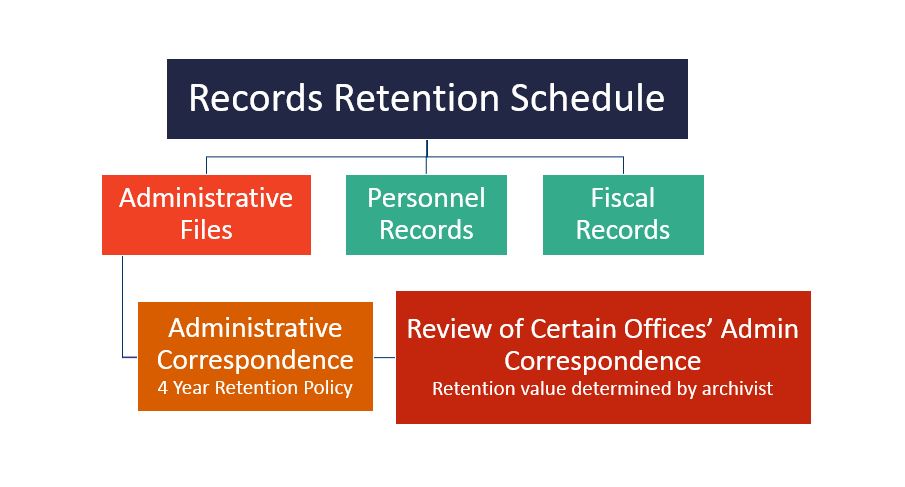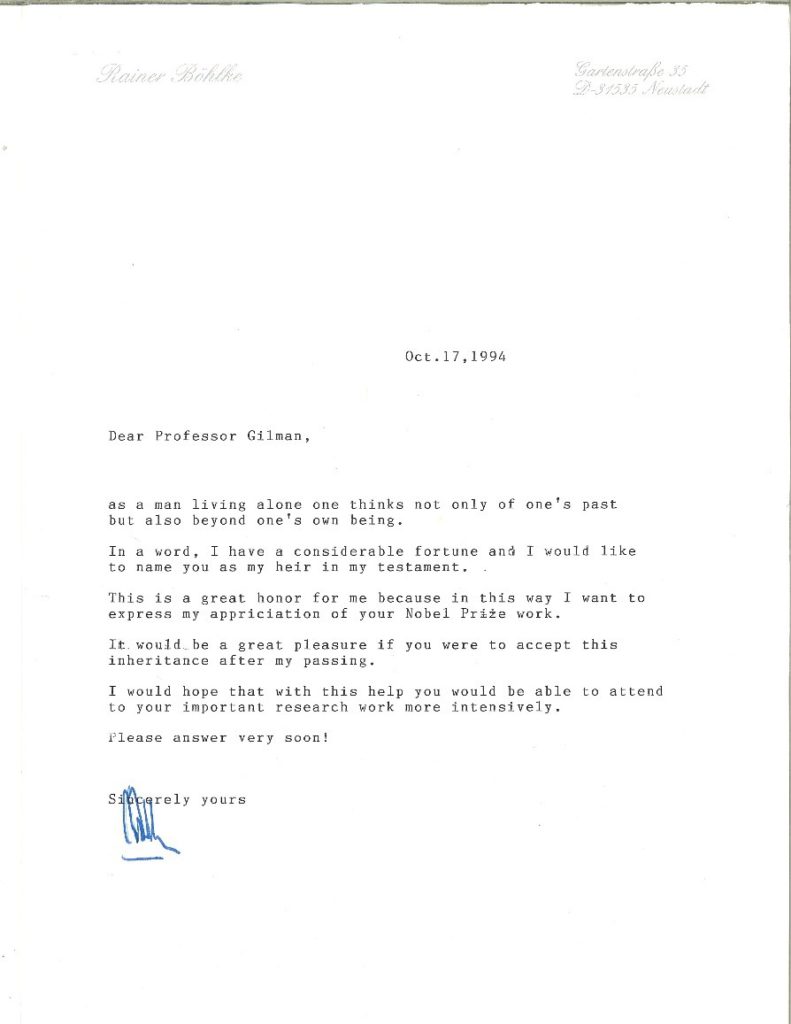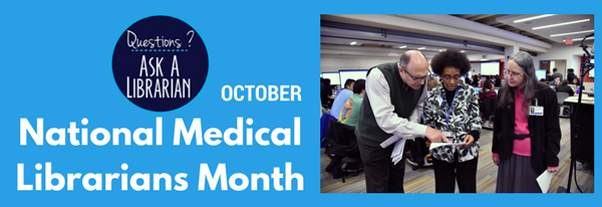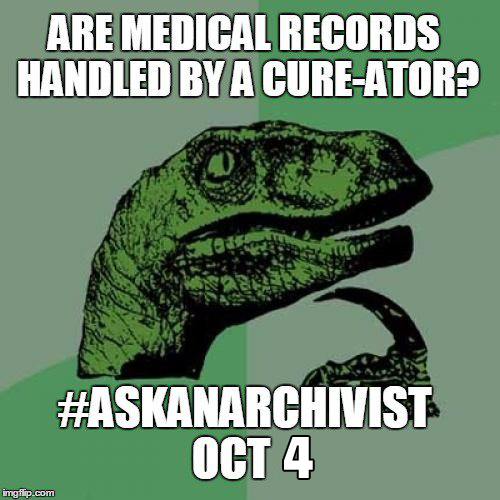It is an incontrovertible truth that excellent records management contributes greatly to excellent archives management, at least where government, institutional, and corporate records are concerned (perhaps not so much with the personal records of people that are donated to an archives). Having an established classification scheme is key to locating and retrieving records in an expeditious manner. In Managing Records: A Handbook of Principles and Practices, Elizabeth Shepherd and Geoffrey Yeo point out that classification schemes should be based on an analysis of the functions, processes, and activities of an organization. The classification scheme should not be organized by the various business units composing an organization, as similar activities and functions may occur in many of the offices/departments/centers. Thus, in order to get a complete picture of the activities of an organization, Shepherd and Yeo write, “the systems used to manage the records of those activities should reflect an organization-wide perspective.”[1] This information is incredibly relevant to the creation of records here at UT Southwestern, as many offices, departments, and centers across campus may be creating the same types of records. As a records management coordinator for an office/department/center on campus, you may wonder “How do I classify these records?” Referencing UT Southwestern’s records retention schedule can be helpful in bringing a defined order to your office records.

Credit: http://www.oit.edu/faculty-staff/resources/archives-records-management
Our records retention schedule is divided into various categories: administrative files, personnel records, fiscal records, etc. Within these categories is a breakdown of the different “records series” which are relevant to a particular category/sub-category. One records series which should be familiar to many faculty and staff here is the “Administrative Correspondence” records series. We all create administrative correspondence throughout the course of our workday. For example, have you sent an email recently providing your thoughts and ideas on a project your department is working on? Have you distributed an inter-office memo that explains a new policy or procedure? That’s administrative correspondence! According to our records retention schedule, administrative correspondence is maintained for four years from the record’s creation. Upon reaching its four-year mark, the administrative correspondence is then destroyed. However, there is an exception to this retention rule, as explained in the schedule. The administrative correspondence of the Office of the President, senior and vice presidents, the Provost’s Office, Legal Counsel, Internal Audit, and other upper Executive Staff members falls under archival review.

What does “archival review” mean? Archival review is the requirement that the UT Southwestern institutional archivist assess the records of the above designated offices/administrative positions to determine if there are any records of long-term historical value. For example, any correspondence related to the planning of Clements University Hospital is of incredible value to our institution’s history and would be selected for the UT Southwestern Archives.
Smart records management ensures that an institution’s history will be well preserved. UT Southwestern’s records retention schedule does an excellent job of noting which records are permanent and thus should be transferred to the Archives. The schedule also clearly defines those records series
[1] Shepherd, Elizabeth and Geoffrey Yeo. Managing Records: A Handbook of Principles and Practices (London: Facet Publishing, 2002) 74.






